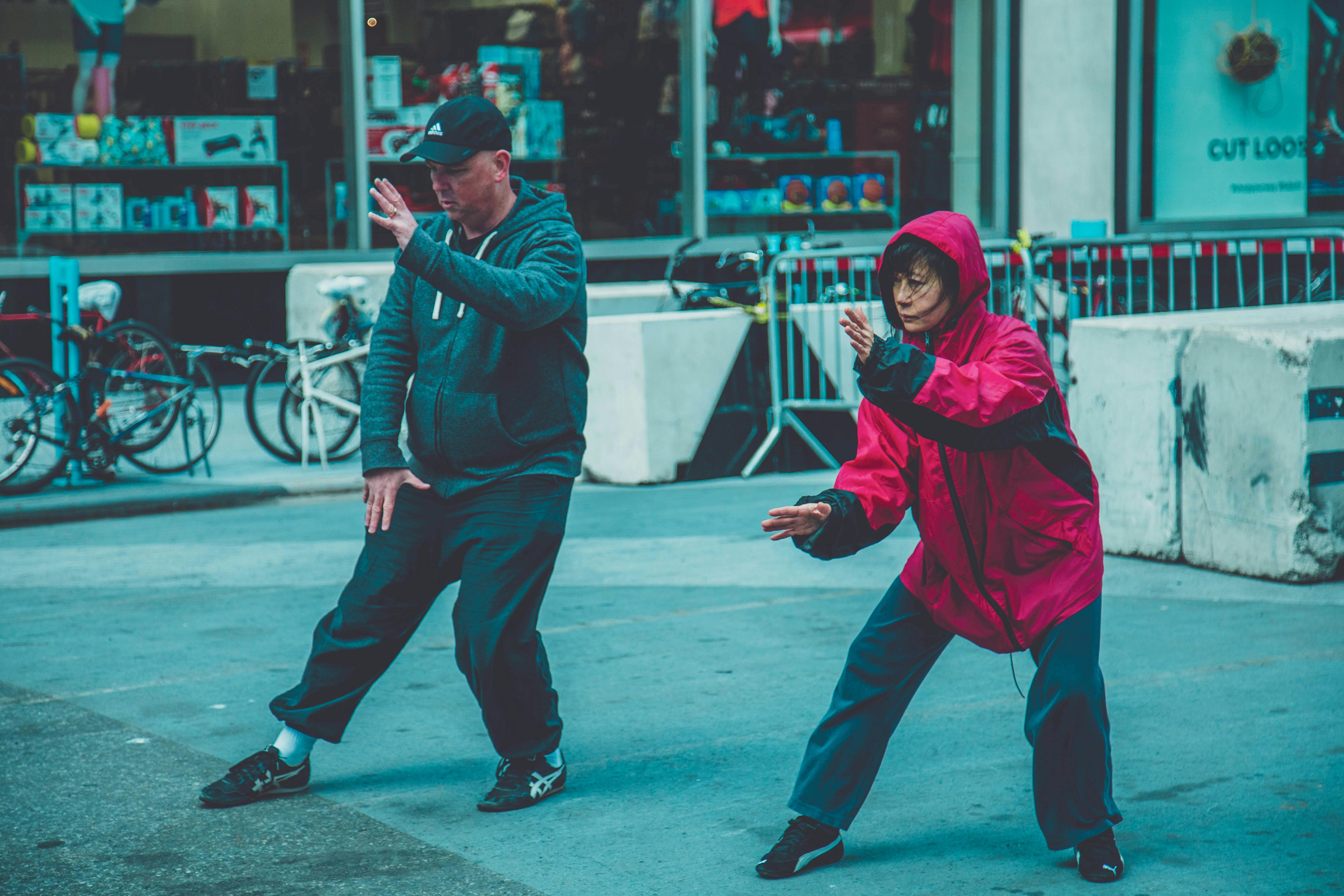Rejuvenating Power of Taichi: A Blend of Fitness and Mindfulness
Taichi, also known as Tai Chi Chuan, has its roots in ancient China, dating back to the 16th century. Initially developed as a martial art, Taichi has evolved and is now globally recognized as a form of exercise that integrates the body, mind, and spirit. It embodies the principles of Yin and Yang, the fundamental dualistic elements of ancient Chinese philosophy, representing the balance of opposing forces.

The art of Taichi was first propagated by the Chen family in the village of Chenjiagou, Henan province. Over the centuries, different styles of this martial art have evolved, each named after the families that developed them - Chen, Yang, Wu, and Sun. Regardless of style, all forms of Taichi share the common aim of promoting health, balance, and spiritual growth.
Current Trends and Industry Insights
While Taichi has been around for centuries, it has gained renewed interest in the wellness industry. The global pandemic has led to a significant surge in stress levels and mental health issues, amplifying the need for holistic wellness approaches. As such, Taichi, with its unique blend of gentle physical exercise, deep breathing, and meditation, has come to the forefront of fitness trends.
A report by the Global Wellness Institute suggests that mind-body exercises like Taichi are witnessing an increase in popularity in the wellness industry. The report also projects that the global wellness market will reach $4.5 trillion by 2025, a growth largely fueled by the increasing demand for holistic wellness practices.
Benefits of Taichi: The Mind-Body Connection
Taichi is often described as ‘meditation in motion’, a characterization that underscores its dual focus on physical fitness and mental wellness. The slow, deliberate movements involved in Taichi promote flexibility, balance, and physical strength. The meditative component, on the other hand, has been found to alleviate stress, improve mood, and enhance mental clarity.
Research published in the American Journal of Epidemiology indicates that regular Taichi practice can slow the aging process, reducing the risk of age-related diseases. Another study published in the Journal of Alzheimer’s Disease shows that Taichi can improve cognitive function and delay the onset of dementia.
Taichi in the Market: A Rising Wellness Practice
As a wellness practice, Taichi is steadily gaining market traction. Fitness centers globally are incorporating Taichi in their class offerings, and digital platforms are providing virtual Taichi lessons to cater to a broader audience. Furthermore, businesses are tapping into this trend by innovating Taichi-inspired wellness products. For instance, there’s a rise in demand for Taichi apparel designed to facilitate the smooth execution of the art’s movements.
Embracing the Taichi Revolution
The resurgence of Taichi is a testament to the growing recognition of the mind-body connection in wellness. It offers a holistic approach to health that transcends physical fitness, incorporating elements of mental and spiritual wellness. Its benefits, validated by scientific research, make it a promising addition to our wellness routines.
As we navigate an increasingly stressful world, practices like Taichi serve as invaluable tools for cultivating inner peace and physical vitality. It is a testament to the timeless wisdom of ancient wellness practices and their relevance in our modern lives. As such, embracing the rejuvenating power of Taichi could be the key to a balanced, harmonious, and healthier lifestyle.






